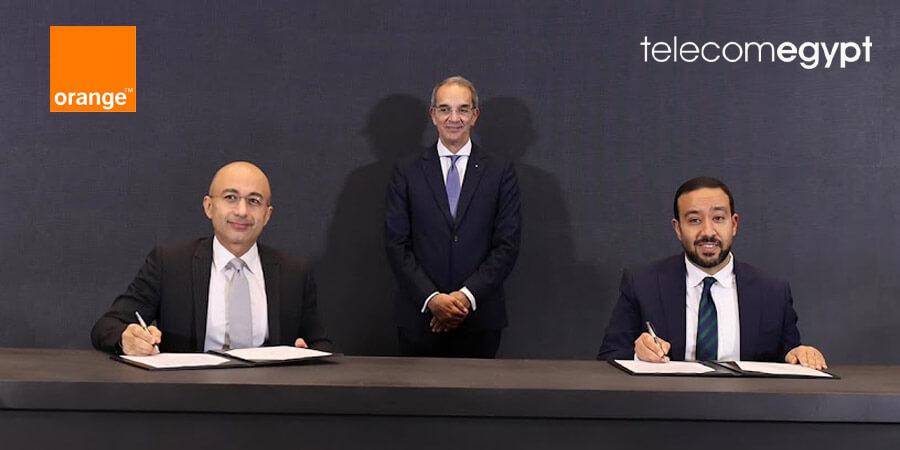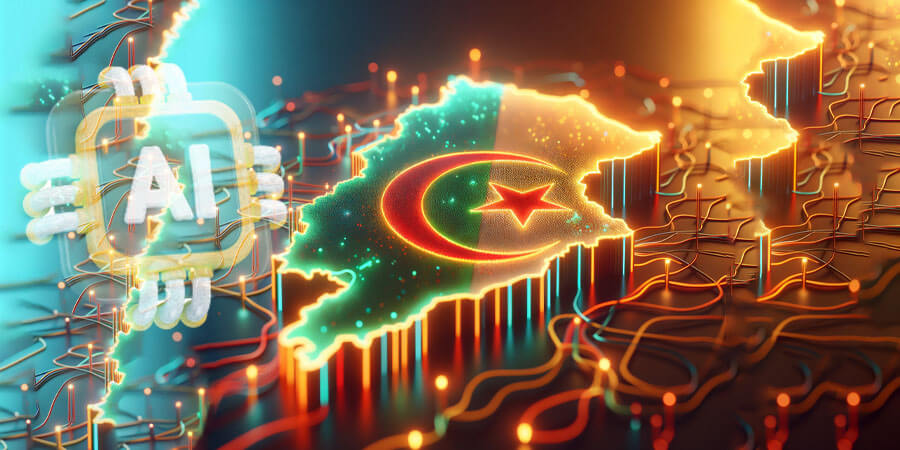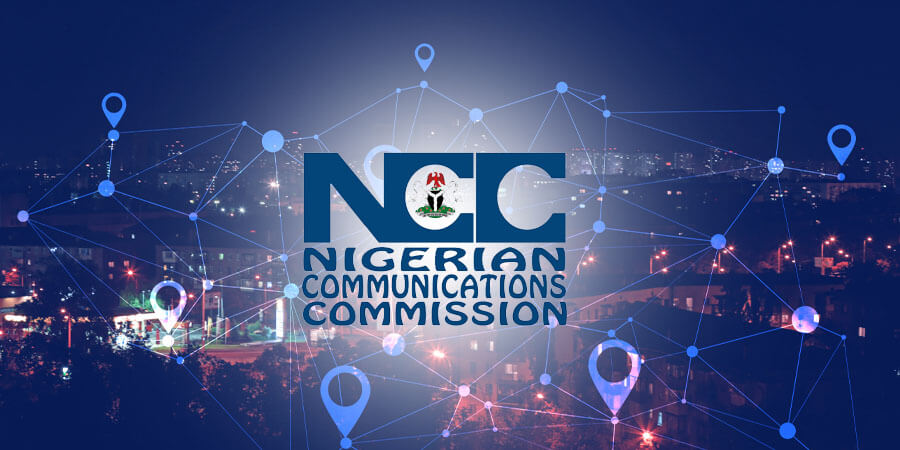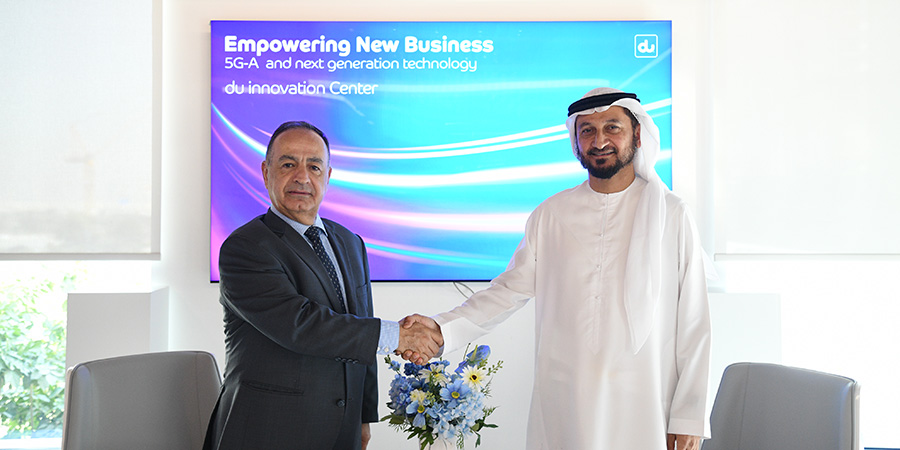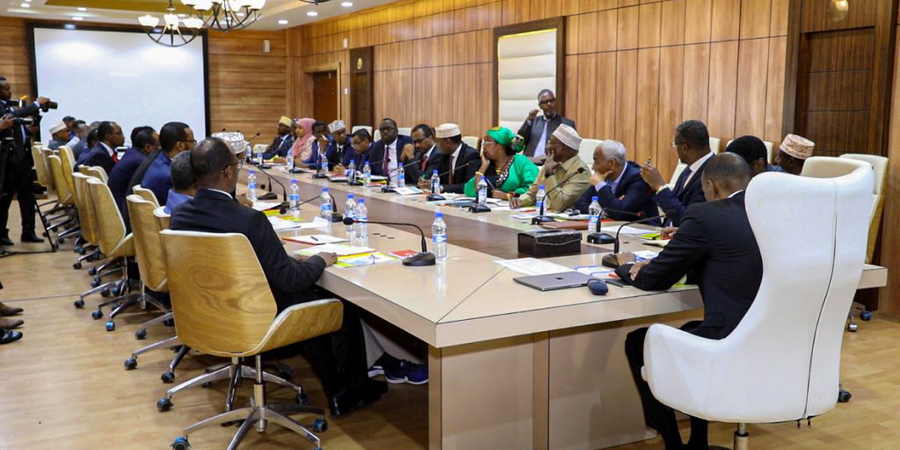The Somalia cabinet has approved the National ICT and Strategy as the first ICT policy framework for the country. It work in parallel with the National Development Plan, national roadmaps, and the broader vision of the government of Somalia for leveraging ICT as a driver of economic and social development. The policy aims also to strengthen the central ICT co-ordination, consistency and collaboration among public and private sectors working in the field.
Over the next five years, it will focus on improving access and connectivity; domestic digital infrastructure; citizen/consumer protection; public e-services (e-government, e-health, e-business, e-agriculture and e-education), the development of ICT ecosystem, and local content development.
According to the ICT ministry, the development of the policy took extensive and lengthy consultative work with all stakeholders, both local and international.






